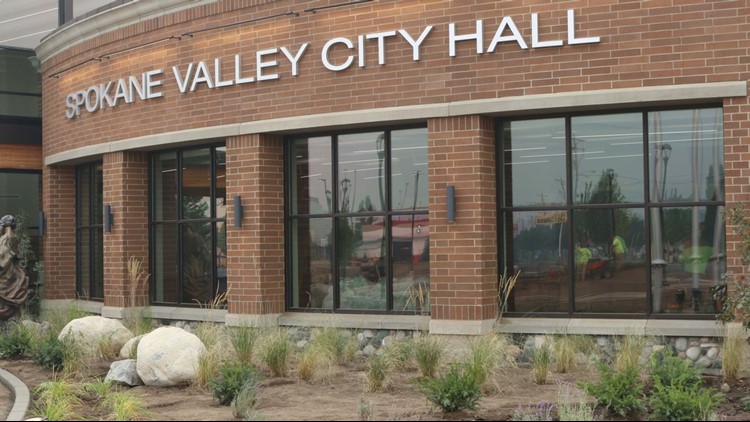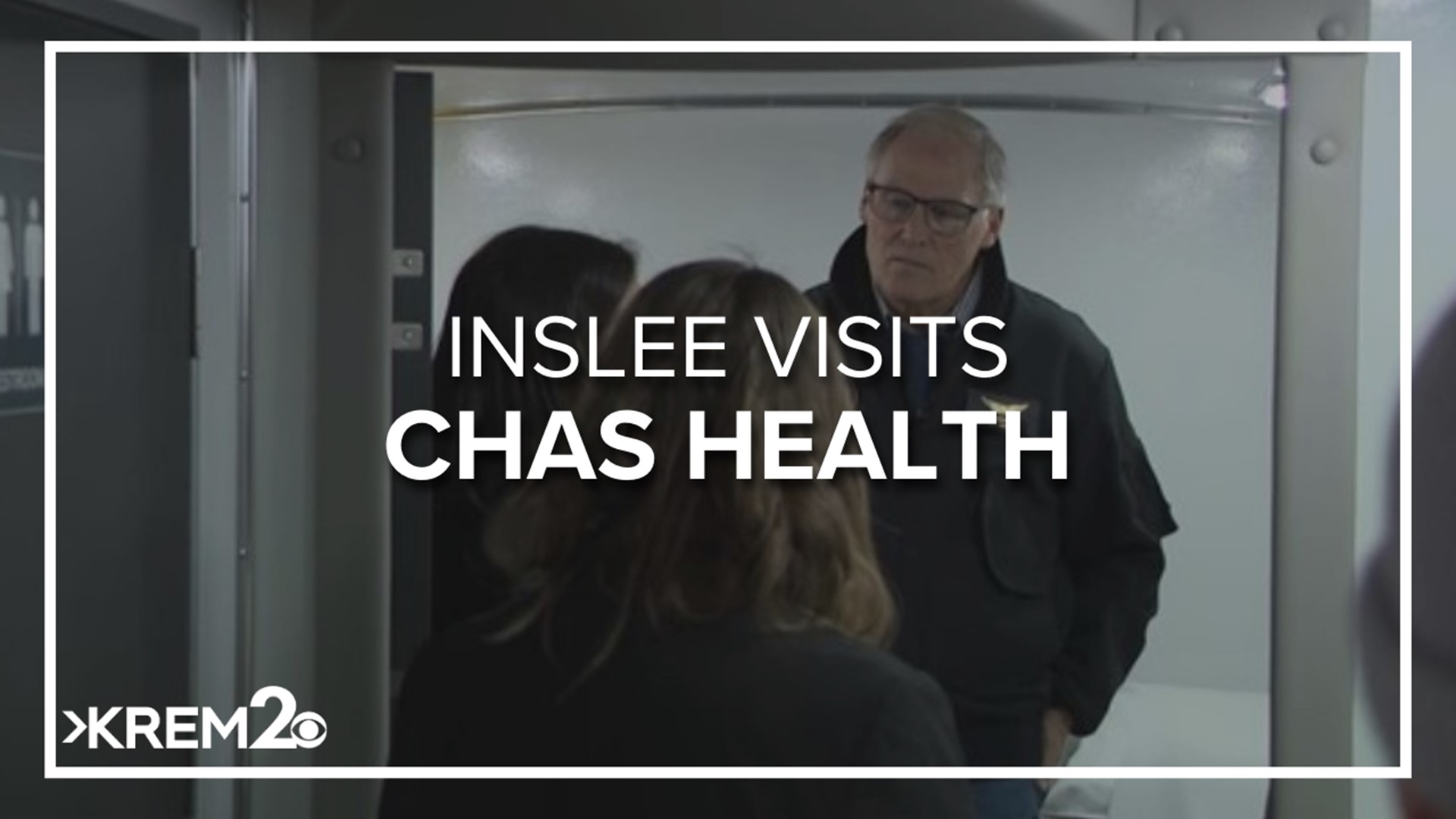SPOKANE VALLEY, Wash. — Spokane Valley City Council approved two ordinances about park regulations and camping on public property on Tuesday amid issues with homelessness.
The ordinance pertaining to camping on public property would ban anyone from camping on city land or living in cars on the right of way or parking lots that the city owns. This would only be enforced if beds are available at homeless shelters in the area. According to the ordinance, violators could face up to 90 days in jail or a $1,000 fine. It also permanently bans camping at City Hall, Balfour Park and CenterPlace/Mirabeau Meadows.
The measure regarding park regulations amends park hours. In the winter, parks would be open from 6 a.m. to 7 p.m. In the summers, they would be open from 6 a.m. to 9 p.m. Anyone found in the parks after hours would be cited with a civil infraction and a $50 fine.
The 9th U.S. Circuit Court of Appeal rejected the city of Boise’s ban on people sleeping in public place. More than a dozen briefs have been filed to the Supreme Court asking them to consider hearing a Boise-originated case that has had wide-ranging consequences for cities dealing with homelessness.
One of those briefs was authored with help from the City of Spokane, which provided information about its anti-camping efforts to a group of organizations asking the court to overturn the current ruling.
It all began when two homeless men in Boise sued the city for arresting them for sleeping in public.
The men contended the anti-camping ordinance violated their 8th amendment protections against cruel and unusual punishment, and the lawsuit made its way up to the federal appellate court, just a step below the Supreme Court.
The court essentially sided with the homeless men.
The judges said the 8th Amendment not only protects people from cruel punishments but also from cruelly making certain unavoidable things a crime.
"As long as there is no option of sleeping indoors... the government cannot criminalize... homeless people for sleeping outdoors... on the false premise they had a choice in the matter," the judges wrote.
The judges found that anti-camping laws sometimes effectively criminalize homelessness by making it illegal to fulfill certain biological needs, like sleeping. If homeless people have nowhere else to go, they are still biologically required to sleep. By criminalizing the act of sleeping, Boise was criminalizing the status of being homeless, the court found.
The judges ruled that cities can't prosecute homeless people for sleeping in public unless there is somewhere else for them to sleep — in other words, enough shelter beds.
Part of the ruling was that to get access to those beds, people can't be forced to participate in religion. That's because the government would effectively be giving them the choice between practicing a specific religion and going to jail for camping, a clear violation of the 1st Amendment, according to the court.



